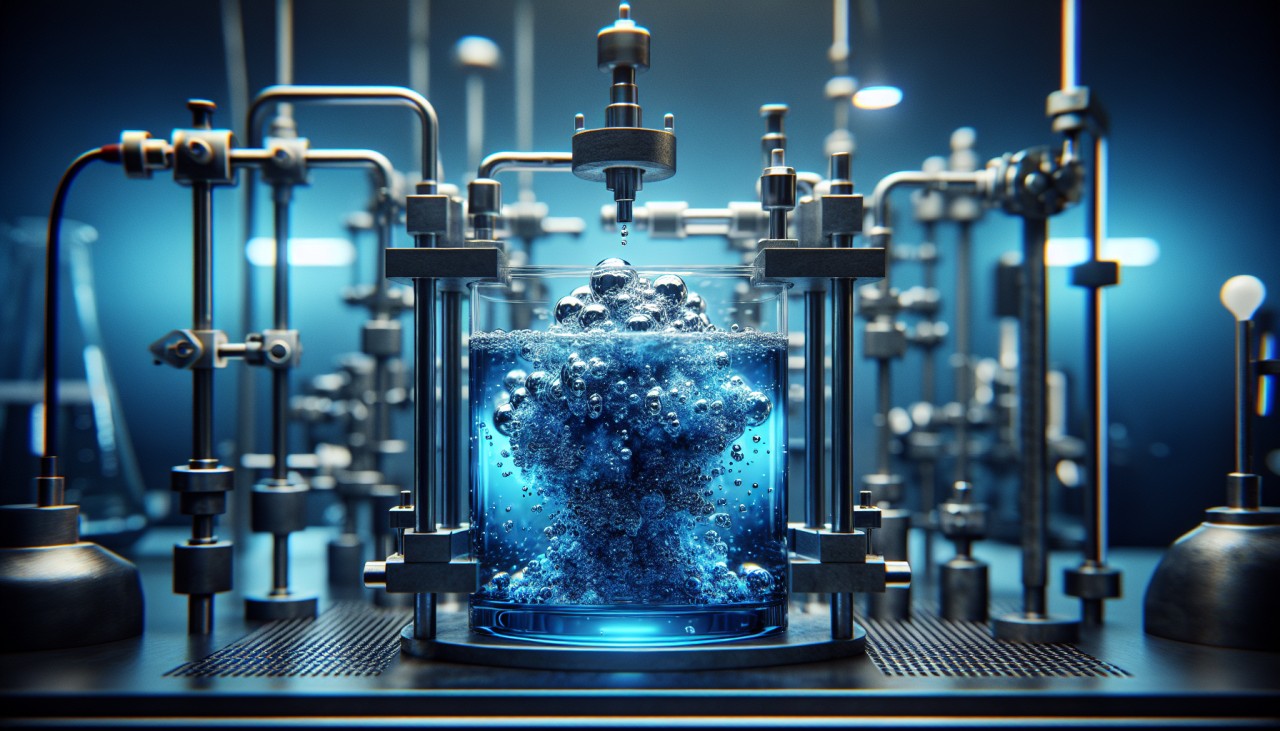In a significant advancement for sustainable energy, researchers at Argonne National Laboratory and the University of Chicago have developed a new catalyst that dramatically reduces the cost of producing clean hydrogen fuel. Hydrogen, when produced using renewable energy sources, emits only water vapor upon combustion, making it an attractive alternative to fossil fuels. Traditionally, the process of splitting water into hydrogen and oxygen—known as electrolysis—has been hindered by the use of expensive precious metals like iridium. The new catalyst, primarily composed of cobalt, offers a more affordable and abundant option, potentially lowering the overall cost of hydrogen production. This breakthrough aligns with the U.S. Department of Energy's Hydrogen Energy Earthshot initiative, which aims to reduce the cost of green hydrogen production to one dollar per kilogram within a decade. news.uchicago.edu
The development of this cobalt-based catalyst marks a promising step toward making hydrogen fuel more accessible and cost-effective. By replacing iridium with cobalt, the researchers have addressed a significant bottleneck in the hydrogen production process. This innovation could pave the way for broader adoption of hydrogen fuel in various sectors, including transportation, manufacturing, and residential heating. As the global community continues to seek sustainable energy solutions, advancements like this catalyst are crucial in reducing reliance on fossil fuels and mitigating climate change. news.uchicago.edu
Key Takeaways
- New cobalt-based catalyst reduces hydrogen production costs.
- Hydrogen fuel emits only water vapor when produced with renewable energy.
- Breakthrough supports U.S. goal of $1/kg green hydrogen by 2030.
